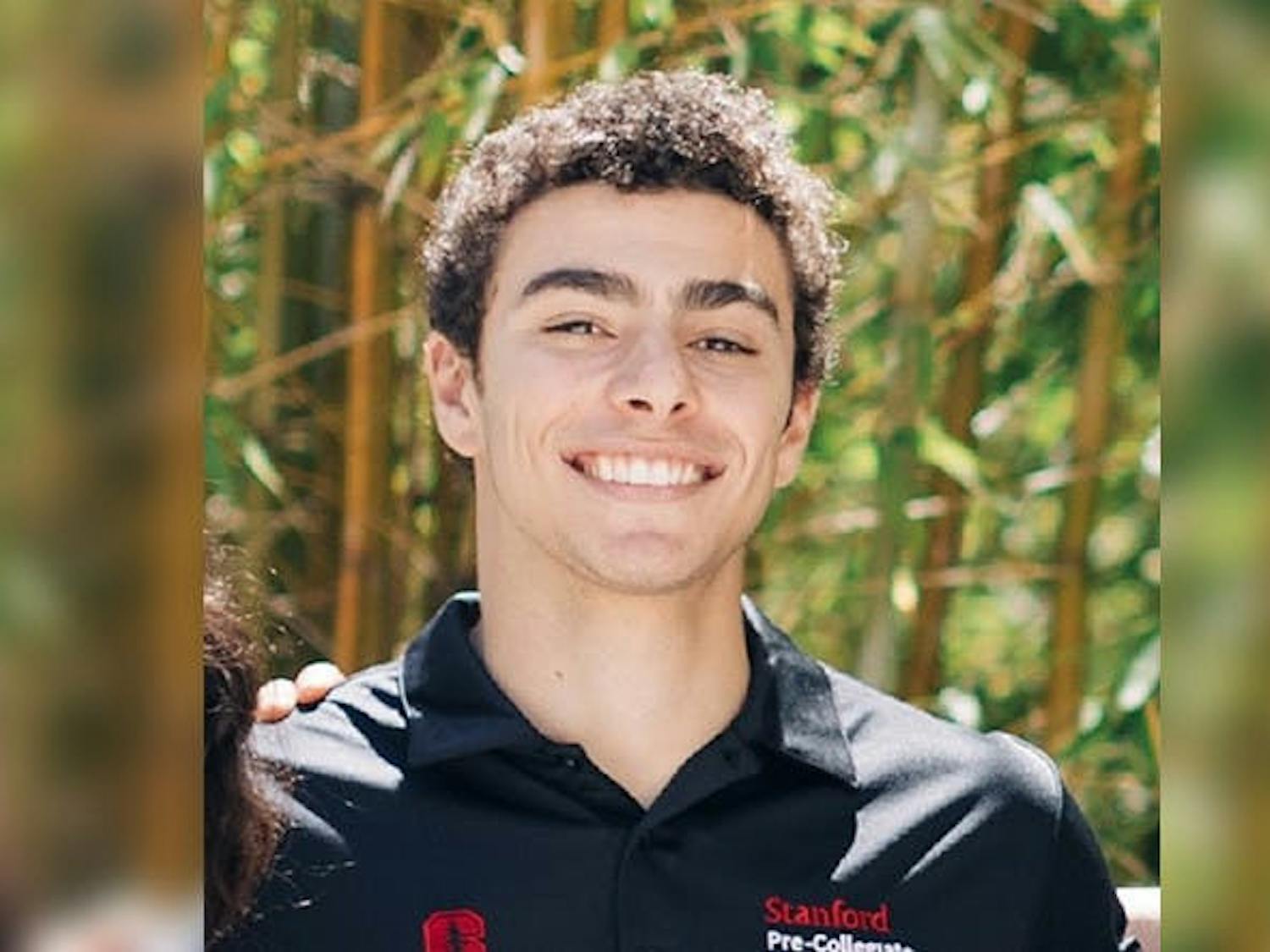Whether on campus or in the Philadelphia community, Programs for Awareness in Cultural Education (PACE) peer facilitators often address the challenges of cultural and ethnic divisions. PACE, a pilot program launched in 1993, falls under the joint authority of the Greenfield Intercultural Center and the Graduate School of Education. By recruiting its participants from all 12 of the University's schools, the program connects undergraduates with professional students and Ph.D. candidates. Each spring, a class of 20 students is admitted to PACE's "Educating the Peer Educator" program. The students then undergo a training process. The course incorporates discussions on subjects including religion, gender and minority issues. The students commit to design and perform workshops in the following fall and spring. Last year, PACE participants sponsored a program on stereotypes and gender with visiting students from a Japanese university. They also organized an orientation on intercultural communication for the pre-freshman program. "The experience was amazing," said peer facilitator Melissa Holsinger. "It took a lot of time and personal growth but my classmates and I had so much to learn from each other," she added. Holsinger, a College sophomore, is in the process of creating her own workshop on homosexuality and Catholicism and how "the differences between the two can be reconciled." PACE Program Coordinator Nathan Smith, a second-year Education doctoral student, said the goal of the program is to promote discussion and dialogue between students. The Daily Pennsylvanian columnist said it's important "to prevent misunderstandings and to examine what gets in the way of effective communication." The PACE program covers a wide spectrum of issues because "communication works on so many levels that to focus on one would be really ineffective," Smith said. By appointing several faculty members and administrators to its board of advisors and involving faculty in the actual execution of workshops, PACE leaders seek to involve a wide representation of the University's schools and resources with the program, and represent the full scope of campus diversity. Peer facilitator and College senior Caroline Szeto described the program as "really helpful for facilitating intercultural differences between groups that have differing opinions." College senior Ali Parnian designed his own workshop on gender and relations between fraternities and sororities, and is currently preparing a program on interracial dating. After completing a semester of PACE, students become on-campus resources for departments and groups across the University. Smith validated the need for PACE facilitators by explaining that people are often "attacked" for voicing their own opinions in discussions without the facilitators' presence. "PACE knows that a discussion forum is more important than a shouting match," Smith added. He said, however, that facilitators' individual backgrounds affect the way they enter a discussion. "We don't pretend that individual facilitators have no opinions of their own, but they go through intensive training to learn to be impartial," Smith said. At the end of each workshop, peer facilitators distribute anonymous evaluations from which they can reflect on their performance. And Smith, for example, said that he estimates "at least 95 percent positive feedback."
The Daily Pennsylvanian is an independent, student-run newspaper. Please consider making a donation to support the coverage that shapes the University. Your generosity ensures a future of strong journalism at Penn.
DonateMore Like This
Here’s how Penn plans to celebrate America’s 250th anniversary
By
Arti Jain
·
11 hours ago
Van Pelt Library discontinues bag check security policy
By
Christine Oh
·
11 hours ago








